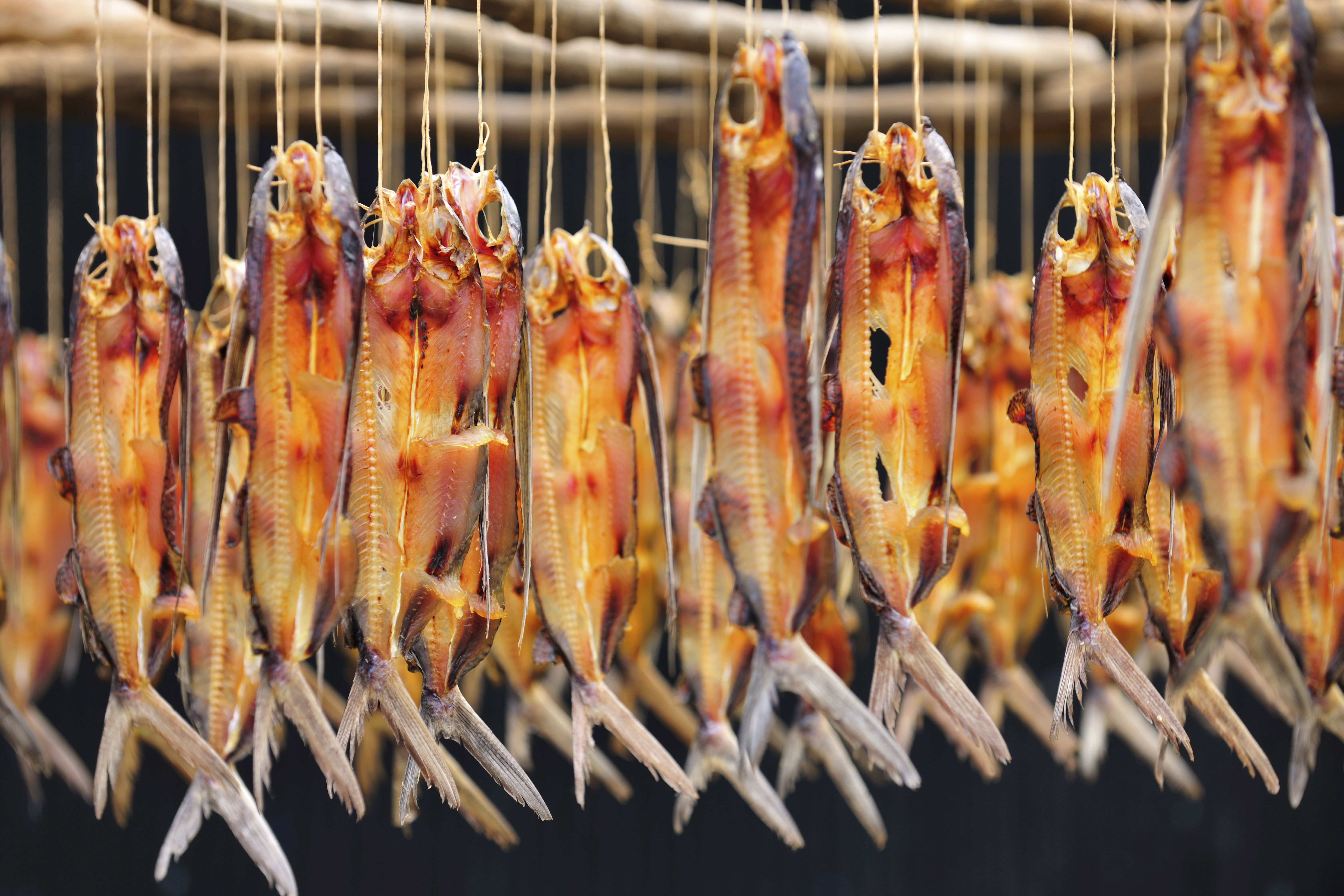Flying Fish and Forbidden Waters: How Tao Culture Shapes the Diving Season in Lanyu
Every spring, the remote island of Lanyu (Orchid Island), off the southeastern coast of Taiwan, transforms with the arrival of the flying fish season. For the Tao people (also known as the Yami), this isn't just a time of fishing — it's a sacred season that touches every aspect of life, including how visitors interact with the ocean. For divers, understanding this cultural rhythm is not only respectful but essential for planning trips to this unique destination.

What Is Flying Fish Season?
Flying fish season typically begins in March/April and lasts until May/June, marking a deeply spiritual time for the Tao people. The flying fish are more than just a source of food — they are viewed as a gift from ancestral spirits. The season kicks off with the Calling Fish Festival, which includes rituals, chants, and boat launch ceremonies featuring the Tao’s traditional hand-carved wooden canoes. During this period, strict taboos govern how, when, and where fishing and sea-related activities can take place. These traditions are passed down over generations and play a central role in preserving the Tao way of life and the surrounding marine ecosystem.
How Does Flying Fish Season Affect Diving?
Many of Lanyu’s most beautiful and biodiverse diving spots are located near Tao fishing zones. Out of respect for tradition and to avoid interfering with fishing practices, diving is restricted in certain areas during the season, especially areas in front of villages.
Here are a few specific ways flying fish season may affect your dive plans:
- 🛑 Restricted Access to Certain Shores: Some entry points to popular shore dives may be closed during the season.
- 🐠 Boat Diving May Be Limited: Traditional canoes have priority at sea, and boat diving may be restricted to avoid disturbing fishing routes.
- 🕰️ Time-of-Day Restrictions: Even in permitted areas, diving might be limited to certain times to avoid overlap with fishing activities.
- 🤿 Changes in Dive Operator Schedules: Local dive shops are well-versed in these cultural rules and adjust their tours accordingly — always check ahead!
Why It Matters: Cultural Respect and Environmental Stewardship
The Tao people's seasonal rules may seem restrictive, but they serve a dual purpose: cultural preservation and marine conservation. By respecting the flying fish season, divers and visitors help uphold a way of life that is deeply interwoven with nature. It’s a rare example of indigenous knowledge guiding sustainable ocean use
Tips for Diving Responsibly During Flying Fish Season:
- ✅ Plan Ahead: Consult local dive shops well in advance. They’ll know which spots are open and when.
- 🤝 Be Flexible and Respectful: If a site is off-limits, take the opportunity to explore land-based adventures or permitted dive spots.
- 📚 Learn About Tao Culture: Even a basic understanding of the flying fish season can deepen your appreciation of the island.
Flying fish season in Lanyu is not just a cultural event — it’s a living tradition that shapes the relationship between people and ocean. As divers, our role is to enter that world with humility and awareness. In doing so, we gain more than just a dive — we gain a deeper connection to a community that has thrived in harmony with the sea for centuries.


